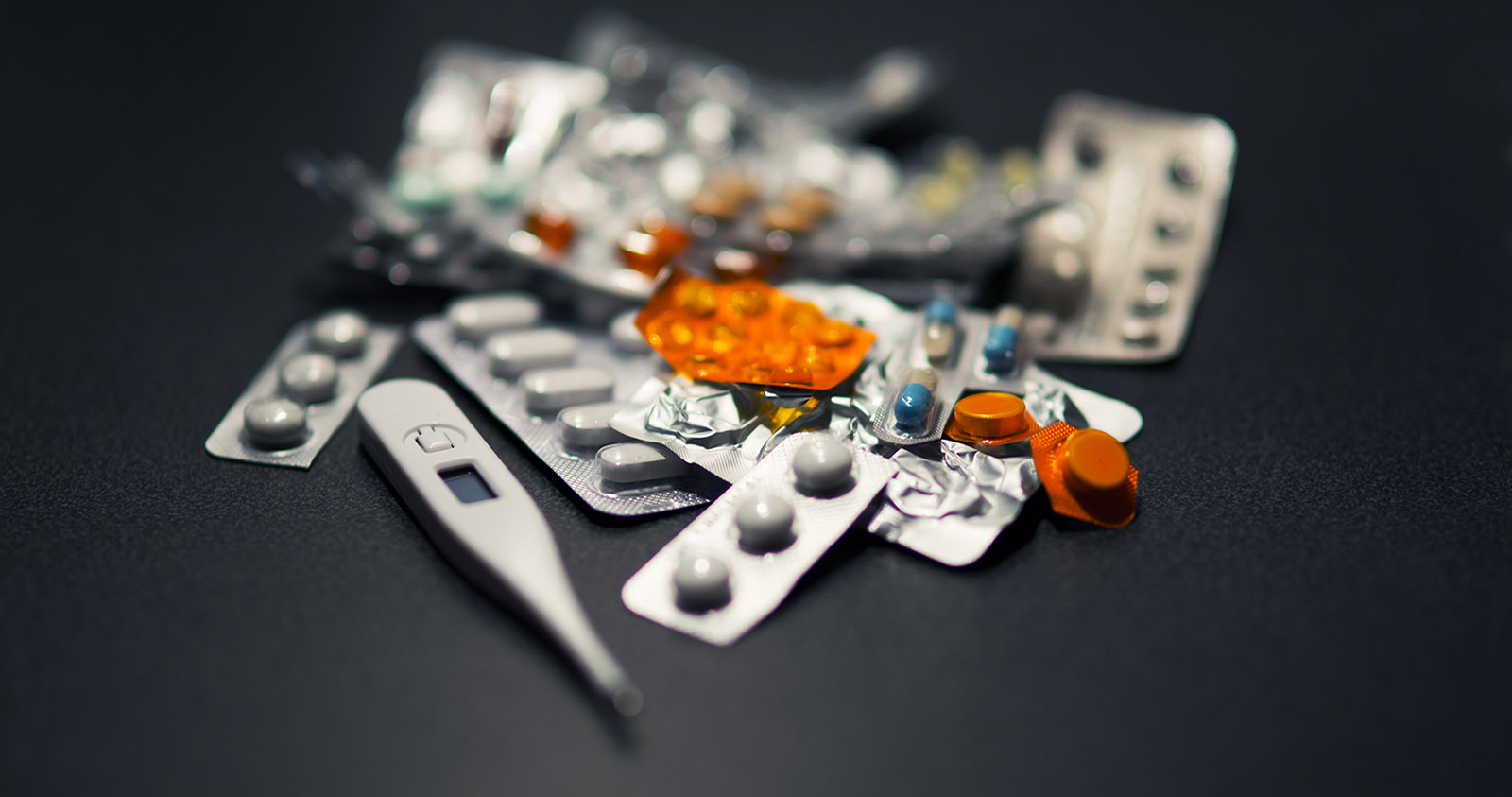The advertising of medicines in Australia is subject to strict controls. The new Therapeutic Goods Advertising Code, due to commence on 1 January 2019, emphasises the importance of truthfulness and accuracy in all claims made in advertising for medicines, and the need for advertising to support consumers’ informed decision making.
The TGA has developed draft guidance to assist with the interpretation of the new Code, and discusses ‘puffery’, a claim so exaggerated that no reasonable person could take it seriously. The Guidance suggests that puffery may be permissible in the advertising of medicines. Research Australia’s position is that this should not be the case. It is both inconsistent with the Code and the low levels and wide variability of health literacy in Australia. Some vulnerable consumers can be misled and unduly influenced by exaggerated claims that would be dismissed by most consumers as unbelievable and just ‘marketing’. It is our position that puffery should not be permitted in the advertising of medicines.
Research Australia’s submission
Update: The TGA issued a final version of the Guidance on the Advertising Code (and an amended Therapeutic Goods Advertising Code) on 31 October. The new Guidance states ‘Puffery by its nature is not truthful. It is exaggerated, inaccurate and unsubstantiated and should not be used in advertisements for therapeutic goods.’
The Code and the Guidance are available from the TGA website.

